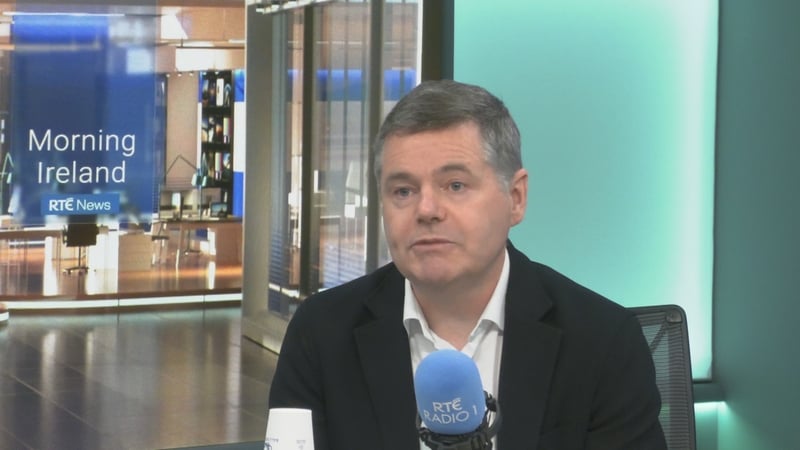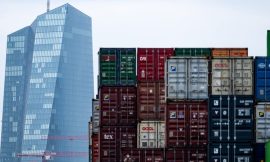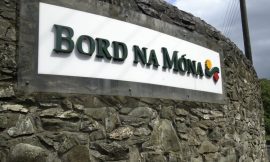A “worst case scenario” would see 50,000 to 75,000 Irish affected by US trade tariffs in the medium term, according to Minister for Finance Pascal Donohoe.
At the start of last month US President Donald Trump announced a 20% tariff on imports from the European Union.
However, a week later Mr Trump announced a 90-day pause on these measures, although a 10% blanket duty on almost all US imports remains in place.
“Across next year, we believe the number of jobs that may not be created, or could indeed be lost, would be 20-25,000 jobs,” Mr Donohoe said.
Speaking on RTÉ’s Morning Ireland, Mr Donohoe said the Government is looking at “how we can negotiate to avoid that happening, and how we can adjust and support the economy if this moment of change were to occur”.
Mr Donohoe said negotiations with the United States are “to say the least, very volatile”.
“We are engaging through the European Union, with the United States of America,” Mr Donohoe said.
“Meetings have taken place at official and political level between the US and the EU.
“And what we have aimed to do at a national level is to compliment that.”
We need your consent to load this rte-player contentWe use rte-player to manage extra content that can set cookies on your device and collect data about your activity. Please review their details and accept them to load the content.Manage Preferences
He said that the EU’s retaliatory tariffs are “responses back to decisions that have been made in the United States”, adding that the EU “would rather not be in a position where it has to make these decisions”.
The minister said the Irish economy will still grow this year and next year, but that it will “grow at a smaller pace”.
Read more: US tariffs of 10% would hit GDP growth in 2026 – Finance Dept
“The US has indicated it wants to negotiate with the European Union but public progress and evidence of that awaits us,” he said.
He acknowledged there was “uncertainty” for the future but said that Ireland is in a “position of strength”.
“We can still shape that certainty to a degree on a national and EU level,” he said.
In relation to protecting the pharmaceutical industry, Mr Donohoe said Ireland has been engaging with the EU “to make the case for live science and the medicine sector, to make the case for global supply chains and the role they can play that is beneficial for Ireland, for Europe and I think even for America”.
“We have put a lot of effort into this and this is understood by the [European] Commission,” he said.
He said there was ” growing recognition” that the supply chains for medicine are deeply complex and that “changes can have an effect on the pricing and the availability of medicine”.
Regarding technology and the digital economy, Mr Donohoe said that “for many years, Ireland has made the case that the application of digital services taxes could have a very serious impact on our ability to find a good outcome on trade negotiations”.
Mr Donohoe said that he would like to see Mr Trump invite Ms Von der Leyen to the White House.
“I would really want to see her in the Oval Office,” he said.
“I can think of few who are better able to represent what Europe stands for and the interests of the European Union.”




